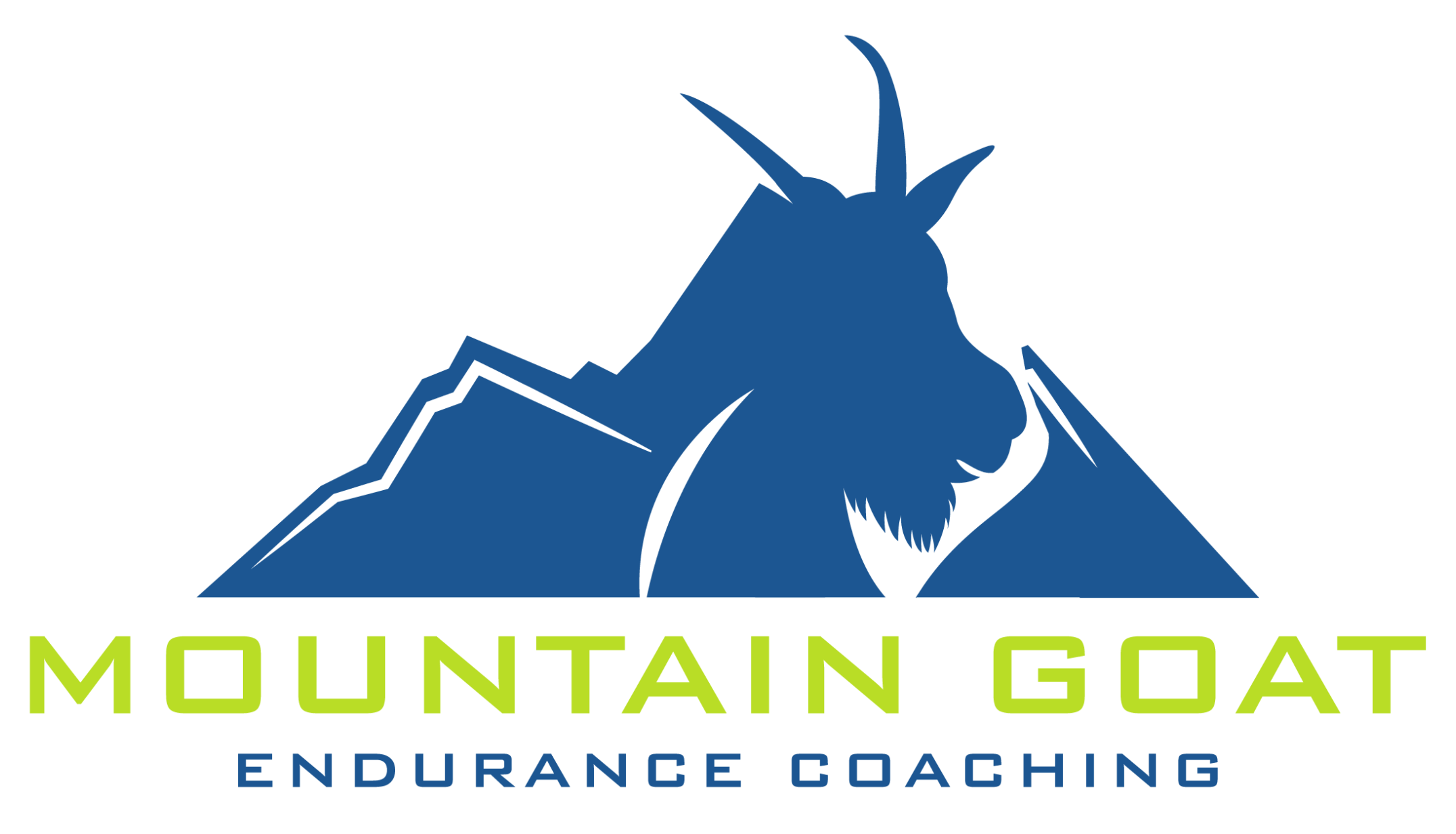Know where we get a lot of training advice?
Professional athletes.
Which makes sense.
Becky from the block probably isn’t going to care about the obsessive little details that make her faster as much as someone with a lot of money on the line.
Meaning Becky isn’t going to do all the invasive testing they need to do to get all the data we love to talk about.
I, for one, don’t care enough about my performance to get on a bike with a rectal probe to assess core temperature.
I doubt Becky does either.
Know who does care enough?
A lot of professional athletes.
And yes, we have less invasive methods of doing that now.
But that’s a pretty recent development and we’ve been collecting temperature data for a long time.
Thankfully, it probably doesn’t matter in any way that’s actually going to make you faster.
Because let’s be real…
Nobody reading this email is good enough at this sport for those tiny details to change your training.
As much as we love to discuss data and details…
The majority of data we collect just isn’t relevant for most of us.
You can barely get Becky to come to Tuesday track workouts.
You think she needs to know her precise heart rate at VO2 Max in order to run intervals well?
Even if that were a real number – which it’s not – she wouldn’t need to know it to run better.
She just needs to come to the track on Tuesday and do work.
Here’s the thing a lot of us miss when it comes to all of these scientific training methods…
In the beginning, the professionals didn’t use them either.
Most professional runners started when they were young and just ran.
A lot.
They found a thing they love and they got obsessed with it and they ran.
They ran before school.
They ran after school.
They ran during breaks.
They ran at practice.
They ran in the off season.
They just ran.
(You ever type a word so many times it looks weird… Sorry.)
But that’s why most professional runners are so good.
A mix of genetics and obsession.
And I think we overlook that second part far too often.
We spend so much time looking at how professionals train after we know who they are.
We forget to look at what got them there in the first place.
And more often than not, they just put in a lot of miles for a long time.
Now you might ask, “but could they have been better if they’d trained better younger?”
I don’t know, but I don’t think so.
I think there’s something important in the “just get obsessed and do a lot of it” part.
Now I want to recognize a little nuance here.
First, the obsession usually leads the person to some sort of organized running.
As a result, they do get some sort of guided training.
It might not be the best, but more often than not it will provide enough structure to at least get in some of the benefits we try to achieve with structured work.
Second, as someone who didn’t find running until my 30s, I don’t have the same freedom to just “get obsessed with it.”
Or at least, I don’t get to do that without significantly changing other things about my life that I enjoy.
So I follow a little more weekly structure than a teenager who just fell in love with it.
But I try not to miss the big picture.
“Just go run.”
I recognize the structure matters.
I do.
I just ask that we not get so caught up in the details that we lose sight of the bigger picture and forget to enjoy the thing we’re doing.
So many people come to me with data details when the answer is usually much simpler.
“I think I’m going to go get a VO2 Max test because I just can’t seem to get faster.”
“When was the last time you ran really fast intervals?”
“Oh, I don’t do speed work.”
… do I even need to point out the problem here?
I mean…
We don’t need to do it perfectly.
Especially when perfect doesn’t even exist.
Sometimes you just need to go out there and do the thing.
This hits so close to home because this was me.
Early in my training career, I spent so much time studying and trying to figure out exactly what I needed to do that I absolutely held myself back.
And I just don’t want that for anybody else.
Is data helpful?
Yes.
I look at a lot of it for a lot of people.
But it can also be paralyzing.
Most of the time, we just need to go out and do the thing.
So stop paralyzing yourself by trying to make it perfect and just get out there.
